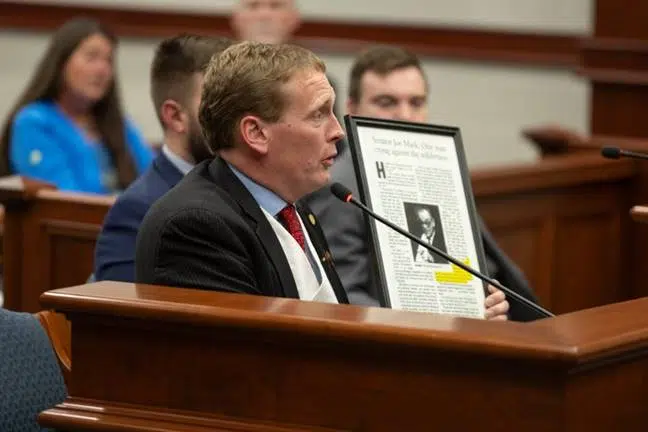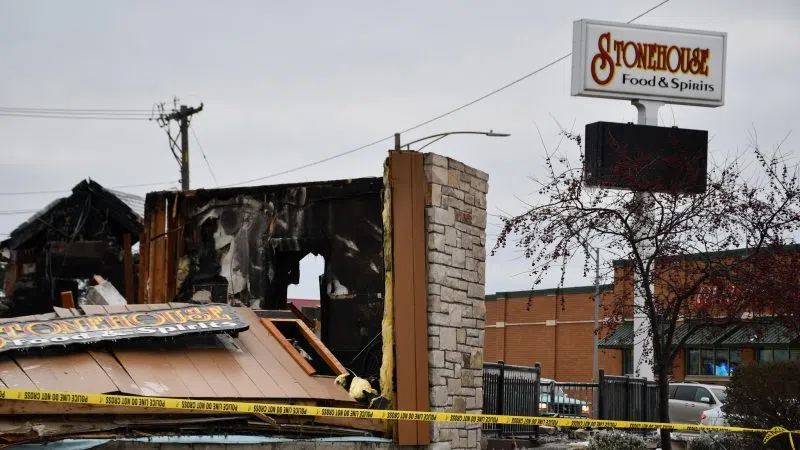Legislation authored by U.S. Senator Gary Peters (D-MI) to reduce the spread of toxic per- and polyfluoroalkyl substances (PFAS) contamination at commercial airports has advanced in the Senate.
The Preventing PFAS Runoff at Airports Act, would deploy more existing Federal Aviation Administration (FAA) funding for commercial airports to purchase devices necessary to test their firefighting equipment without discharging toxic PFAS chemicals. This legislation would encourage commercial airports to purchase the relatively low-cost devices – also referred to as an input-based testing system – to help limit and prevent exposure to PFAS, which are known as “forever chemicals” because they do not naturally break down.
It would also direct the FAA to identify options for reiPetmbursing airports in Michigan and elsewhere that already acquired the devices without federal funding. Peters’ legislation was approved by the Senate Commerce, Science and Transportation Committee where Peters is a member, in addition to Chairman of the Commerce Subcommittee on Surface Transportation, Maritime, Freight and Ports.
“PFAS contamination poses a serious risk to the health of first responders, veterans, and residents in our communities, and continues to threaten local ecosystems and the environment. It’s clear that more must be done to mitigate these toxic chemicals,” said Senator Peters. “This commonsense and fiscally-responsible bill would incentivize commercial airports nationwide to utilize existing federal funds to buy testing equipment that prevents the spread of PFAS contamination into the environment. The bill would also make this equipment more affordable, while protecting our airports, first responders, families, and the Great Lakes – and I’ll keep fighting to get it passed into law.”tion.””
The FAA has required commercial airports nationwide to use firefighting foam that contains toxic PFAS chemicals. For years airports were required to discharge this foam as part of routine, federally-mandated testing of their firefighting equipment. This put firefighters, the environment and the public at risk from exposure to toxic PFAS chemicals.
























Comments